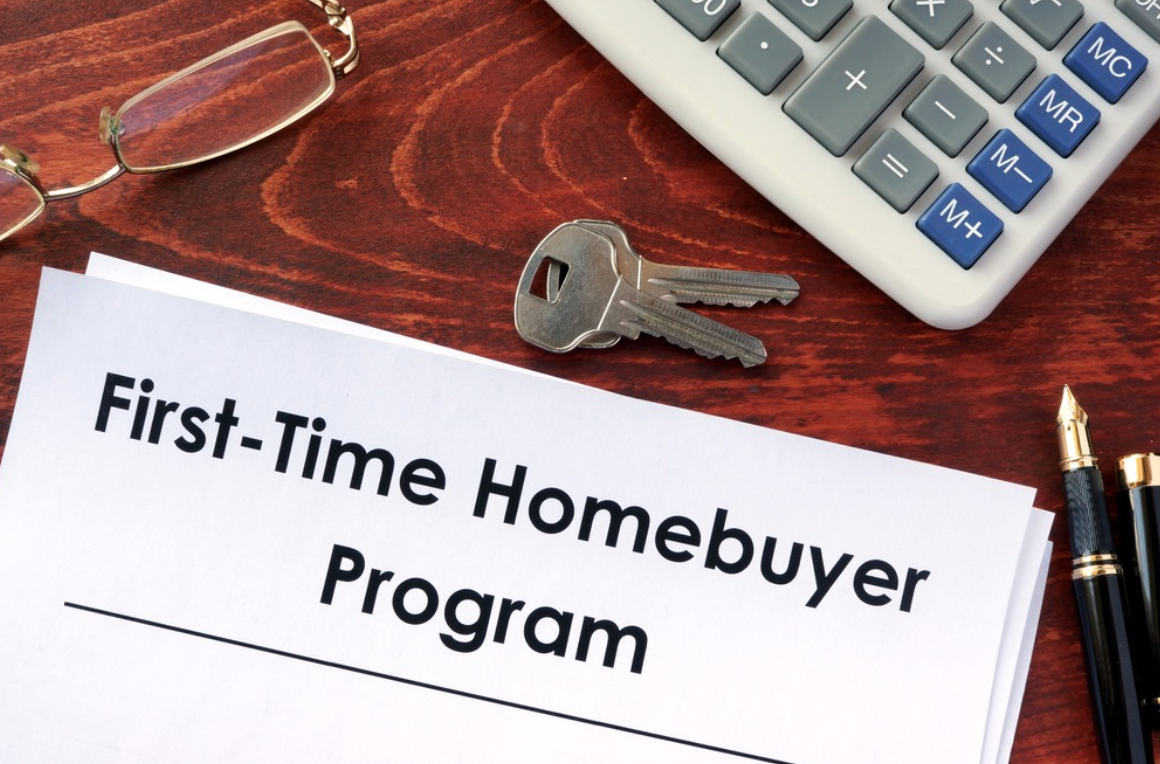So you’ve finally decided to take the plunge and become a homeowner. Congratulations! Owning a home is pretty much solely a beneficial prospect; your sense of security will be significantly higher than those who rent, and you’ll be able to do whatever you like in terms of decoration. It’s an adventure to own a home, and taking your first steps should be commended.
You should be excited about this decision, of course, but you should also be aware that there are a lot of things you’ll need to know or remember before you apply for your first mortgage. Doing so can be a difficult and time-consuming process; there are plenty of checks and balances which need to be made before you’ll be granted a mortgage. We’ve put together some useful tips which will help you on the path to picking up your first mortgage.
Keep a steady job
The time when you’re getting your first mortgage is definitely not the time to throw your notice down onto the boss’s desk and tell them what you think of them. It is entirely possible to get a mortgage if you’re self-employed, but it’s probably easier if you’re in regular full-time employment because you’ll need to provide proof of your earnings over a significant period of time. And you will also want to save money as buying a home can become costly. Of course, that’s not to say that your thriving freelance career can’t finance a mortgage; as long as you can provide records which date back long enough (this depends on the mortgage provider, but it’s usually three years’ worth of earnings), you’ll be fine. Just don’t go quitting, because you’ll regret not being able to make mortgage payments.
Put down a serious deposit (if you can)
Now’s the time to rootle through your savings if you’ve got any. Around 75% of all Brits have a savings account with money in it, so if you’re one of them (and the chances are you will be), then this is the time to dip into it. It sounds simple, but the larger the deposit you can afford to put down on the property, the more you’ll benefit and prosper in the long term. Many lenders will offer better and more flexible rates to those who put down larger deposits, and there’s also the obvious benefit that you’ll have less to pay off over the time period. If you’re co-habiting, speak with the person you’re moving in with and ask if you could pool your savings together.
Plan a second mortgage (if you need one)
This one’s quite far in the future, but it’s worth doing it now. There will come a time when you’ll want an injection of cash for a project of some sort or for a family member; perhaps you need some cash to renovate your bedroom, or maybe you’d like to fit a new kitchen. Whatever your needs might be, a second mortgage might be a great option for you when the time comes. Second mortgages are basically just as they sound: they’re loans which are secured against your house, just like the first one is. You need to be a homeowner to get one, and you’ll need to provide similar documents to your first mortgage, but once this is all out of the way it’s a solid option for those in need of more money. Check out these second mortgage loans right now and start planning your future. Speaking of which…
Don’t go it alone if possible
Buying a house and setting up a mortgage can be very long and gruelling processes. Good mortgage brokers will guide you through the process as painlessly as possible, but there’s still quite a lot of paperwork and protocol to get through. With that in mind, it’s definitely a good idea to get an ally if you can. If you have a long-term partner, you’re probably not going to get a mortgage without them, so you’re likely to be OK there. If you don’t have a partner, though, you might want to consider applying for a mortgage with a friend if you can find one who’s willing to make the commitment with you. Just make sure it’s a friend with a regular, dependable income; nobody wants to have a mortgage with an unreliable person.
Know your credit rating
This one’s helpful even if you don’t intend to get a mortgage. Using websites like Noddle, Experian or others, you can check your credit rating for free. Your credit rating is usually affected by things like how quickly you’ve paid off loans and credit cards, how many outstanding debts you have to your name, and other financial data. Having a good (or bad) credit rating can affect how easy you find it to get a mortgage, so it’s very, very worth your time to find this out. If you’re cohabiting, ask your partner or friend if they can find out what their credit score is before you apply, too, as this will save you valuable time during the application process.


 Why Your Next Getaway Should be to the Cayman Islands
Why Your Next Getaway Should be to the Cayman Islands